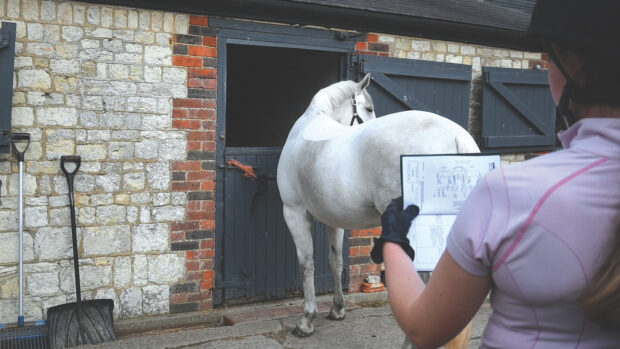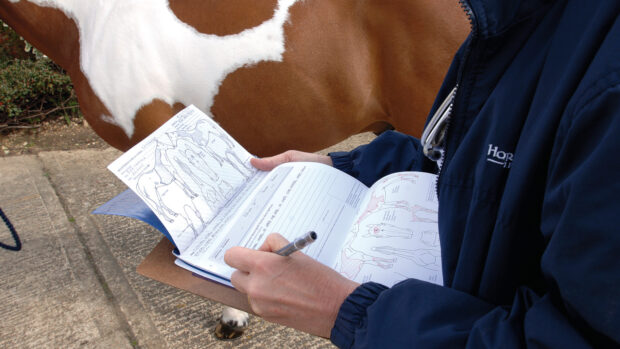Alun Michael announced that Defra has awarded a contract worth £570,000 to administer the National Equine Database (NED) at a national horse industry conference yesterday. The tender-winning company is Momenta, an Oxfordshire-based firm which has worked on other government projects and is part of AEA Technology PLC.
Momenta will design the database software, providing a system which holds core data from the horse passports scheme, such as a horse’s date of birth, gender and unique reference number. Such information is mandatory, and this area of the database is expected to be up and running by January 2005.
The voluntary data, which may include information about the animal, its breeding and performance history, is expected to be operational from April.
“The National Equine Database will support the development of a strategy for an industry whose gross output is estimated to be worth some £3.4 billion annually,” said Alun Michael.
“It will provide a reliable figure for the number of horses in this country, arguably for the first time since the Domesday Book.”
The database is seen as the lynch pin of a strategy for the horse industry, which, as Mr Michael explains, “can become a valuable tool to promote British horse breeding and the development of equestrian sport.
“It will also provide a guide to the location of horses, will help in the control of disease outbreaks and will improve veterinary surveillance,” he added.
Graham Suggett, the man behind the NED, and Director of Breeding at BEF, has continually emphasised that this is not about providing Defra with information, but “will provide an incredible service for the general public.”
Momenta’s contract lasts for the duration of the envisaged two-year start-up period. Thereafter, the project is expected to be self-funding, although as the government will require information from the database for enforcement of equine passport regulations, as well as disease control and surveillance, Defra will pay a percentage of the ongoing maintenance and development costs.



